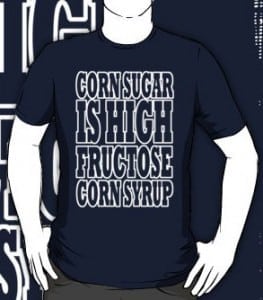
This evening Coca-Cola is set to air a series of two minute ads that will address the issue of obesity that it has become a central player in. Coke is a favourite target for critics who blame the obesity epidemic in America and many other countries around the world on over consumption of sugary sodas. For anyone following the beverage industry, this sort of communications effort is probably not a surprise to see. For an industry plagued with criticism, eventually someone needs to respond and Coke is a natural choice. I have met and worked with several people at Coke in the past and the company is one that is genuinely committed to changing the world in many positive ways.
But the question from a marketing point of view that should be more interesting is why is Coke doing this right now? A masterful marketing organization like Coke doesn’t launch this type of initiative without carefully considering the strategy behind it. Here are a few reasons that today and this week are the ideal moments in time for Coke to take a stand on the issue of obesity:
- Public pressure has reached a tipping point. The proposed NY ban (and other Mayors who promise to follow the example) as well as more debate in the media on the effects of consumption has finally gotten to a point of frequency where ignoring the debate is no longer a good option. It’s time to break the silence and take a more proactive stance on the issue.
- Negative reputation of high fructose corn syrup. In the past few years, the dangers of high fructose corn syrup (HFCS) have finally reached the general public. More products every day come with a “no high fructose corn syrup” label, and it even drove the corn refiners industry to launch a sneaky initiative to rebrand HFCS as “corn sugar” – which the FDA rejected last year.
- Commitments to health matter more at the start of the year. Just about everyone is making some type of resolution in the new year to live a more healthy lifestyle, and for many people that means drinking less soda. This sort of commitment early in the year taps perfectly into the conversations that consumers are already having – which gives Coke a reason to engage their customers on a topic they care about.
- Focusing on health can make competitors look unfeeling or out of touch. As Pepsi gets set to spend millions sponsoring the Super Bowl and promoting their halftime photo contest, Coke gets the benefit of taking a higher road with their new focus on health and desire to have a conversation about obesity – which makes Pepsi look like an ordinary stunt-driven marketer in comparison.







WE RECENTLY REMOVED COMMENTING - LEARN WHY HERE >